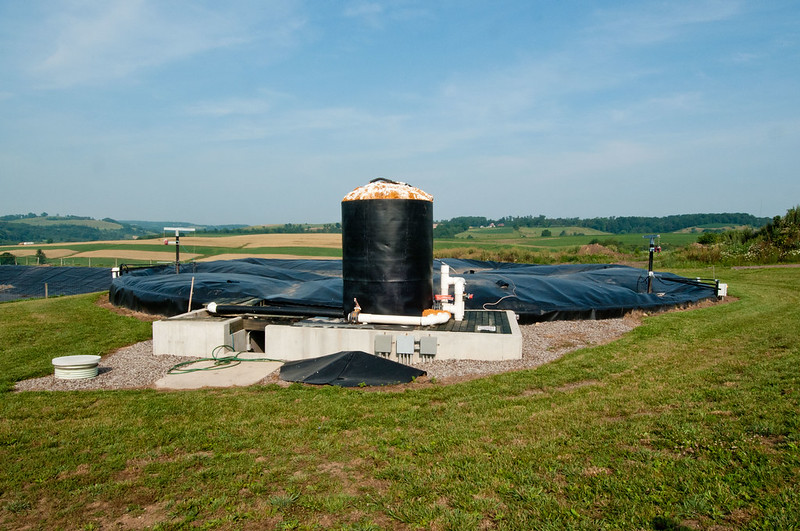
Electrification of everything is not necessarily the best path to decarbonization if was also want reliable energy delivery, argues David Cox.
David Cox, Founder and CFO of the Coalition for Renewable Natural Gas
The power outages in Texas are an all too painful reminder how extreme weather events can expose weaknesses in our energy infrastructure. But until we’re willing to make bold moves on how we approach energy, these incidents likely won’t change. From wildfires in California, or hurricanes on the East Coast, we know that climate change will continue to test our country’s ability to provide reliable power during emergency weather conditions.
While we can’t predict where and when the next major weather event will strike, we can develop and maintain a diverse portfolio of energy sources to keep local homes, businesses and mission-critical facilities powered when one source of energy is cut-off or damaged.
The majority of consumers want clean energy options. They also want reliability. One of the prevalent narratives by environmental groups is that electrification is the only path towards zero carbon emissions.
While electrification is part of the solution, tying our power to any one source of energy leaves communities vulnerable to blackouts. Simply put, we can’t put all of our eggs in one basket if we’re trying to keep the lights on for households across the country.
One crucial green energy source that we should be capitalizing on is renewable natural gas (RNG). RNG not only serves as a key piece to combatting climate change, but it diversifies our clean energy portfolio, providing reliable power to millions of U.S. homes and businesses.
RNG is created by capturing methane from existing sources of waste – such as animal manure, garbage or wastewater – which is then processed and repurposed as a clean energy source. Methane is 84 times more potent than carbon dioxide, and RNG production prevents these methane emissions from seeping into the atmosphere – harnessing them to create clean energy.
Among the many advantages of RNG use is that it can plug in to existing natural gas infrastructure – meaning we can use it without investing in costly infrastructure updates – and is a storable, dependable source of energy for communities.
Equally important, RNG can be deployed as a significant source of power throughout the country today and serve as a reliable back-up when weather events make other energy sources limited or inaccessible.
Because RNG can be stored for emergency use, mission-critical facilities like hospitals, universities, food storage and airports already use it – knowing it can be counted on to support their operations. For example, the Seattle Tacoma Airport currently uses RNG to heat its terminals – providing a consistent source of energy for their operations.
For rural communities, this is particularly important, because they will often be the last in line to receive infrastructure upgrades. As many power grids move towards electrification, it is important that we don’t leave these communities susceptible to power outages or without available new energy infrastructure. RNG offers these communities self-sufficient and reliable energy using their current energy infrastructure.
Furthermore, RNG can be developed in any community. While solar, for instance, is less useful in some regions that are naturally darker or cloudier, RNG will always be an option, because waste is a consistent byproduct of any community.
While reducing waste is an important part of carbon reduction strategies, it will always exist on some level, particularly for farmers where food and animal waste are a natural byproduct of their work. RNG production is therefore a logical tool for farming communities to reduce carbon emissions and to develop clean energy to run their operations and create and sustain local job growth.
Furthermore, the profits from RNG production can create an additional stream of revenue for farmers, many of whom have lost millions as a result of extreme weather events.
We can’t continue to be caught off-guard when major weather events strike – we need to invest in a range of clean energy sources, like RNG, that can support each other and our communities when they are needed most. For farmers and families alike, a sustainable, reliable clean energy future depends on it.

David Cox co-founded the Coalition for Renewable Natural Gas in July 2011 and serves its members as CFO. Mr. Cox is an attorney, specializing in the laws and markets that impact the renewable natural gas industry, including the renewable fuel standard, low carbon fuel standard, and pipeline injection standards. He has extensive experience advising companies and elected officials on regulatory, political and public policy matters.





